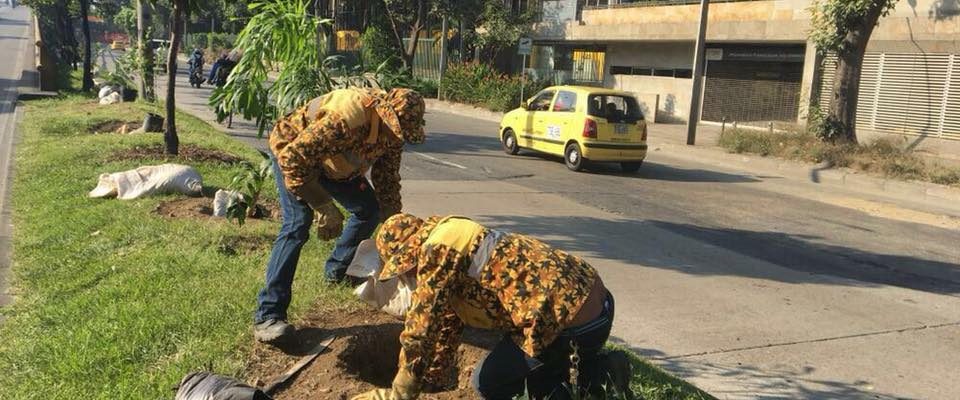Condé Nast Traveler, uno de los medios de turismo más importantes del mundo, cuentan cómo Medellín planea convertirse en la primera ciudad ecológica de América del Sur, gracias al trabajo en un plan audaz que implica reducir las emisiones de carbono, expandir las opciones de transporte ecológico y crear un equilibrio más armonioso con los ecosistemas circundantes.
How Medellin Plans to Become South America’s First Eco-City
Thirty years ago, Medellín only made international headlines in reference to drug-related violence. But throughout the past decade, Colombia’s second city has earned a streak of positive stories and superlatives. It has been called the Silicon Valley of South America, the most innovative city in the world, and the world’s smartest city. As it looks to a post-pandemic future, it is hoping for yet another accolade: South America’s first “eco-city.”
To do this, the city is working on a bold plan that involves cutting carbon emissions, expanding green transportation options, and creating a more harmonious balance with the surrounding ecosystems. The timing isn’t coincidental: Medellín hopes an infrastructure push can also kickstart an economy devastated by the coronavirus pandemic. Despite early praise for Colombia’s management of the pandemic, case numbers have gone up since the summer; Colombia currently sits in the top 10 countries by confirmed cases, according to the WHO.
The city’s mayor, Daniel Quintero, a 40-year-old former software developer, hopes this eco-focused initiative will set Medellín on a path to recovery—but those on the ground, like tour operators, are imagining a wider path to sustainability that focuses on community growth.
If tourism is relatively new in Colombia, it is in its infancy in Medellín. Still, in the past decade, as visitors to Colombia have set their sites beyond Cartagena, Medellín has seen an uptick in visitors. More recently, those visitors are attracted by not just the growing number of bars and restaurants in the affluent El Poblado neighborhood, but also by the communities on the city’s outskirts, once ravaged by drug violence. The narrative of transformation is one of the stories tourists want to hear. And the newness of tourism in Medellín means the opportunities for continuing change are great.

